Premium Only Content
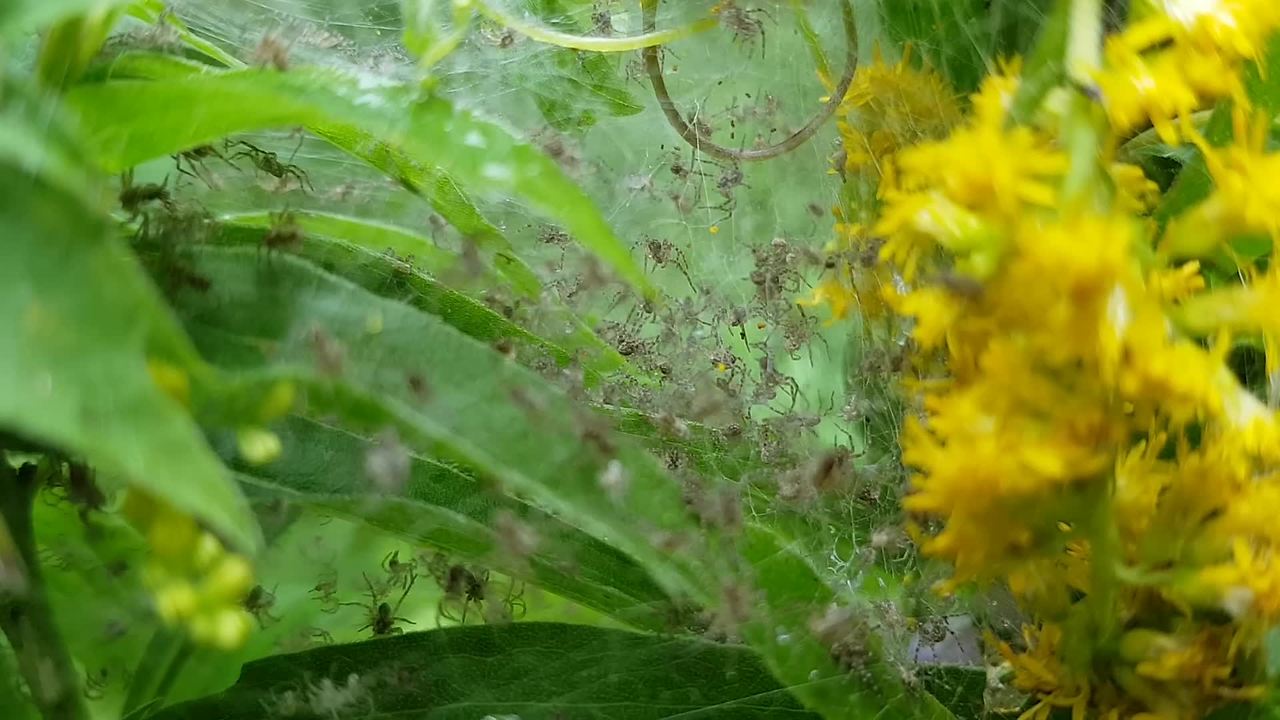
Large mama spider protects her hundreds of babies
This video shows a mother spider on the same plant as her hundreds of tiny little baby spiders, in a lush green forest in Ontario. She sits below as if to be a protector, should anything come to harm them.
Many people will shriek and run away at the sight of even a single spider, but their views are often misguided. Spiders are helpful creatures, ridding the world of annoying insects. Nobody likes mosquitoes, houseflies, blackflies or any form of biting or annoying insect, and that is exactly why all these baby spiders are so important. They will grow up to eat many pests that annoy us, to clear the air of incessant buzzing and reduce the itches one might feel after a walk in the woods. They are mother nature’s population control, eating mosquitoes and gnats, houseflies and horseflies. As much as people may despise them, we need them, because without spiders, a summer’s eve around the campfire would be filled with many more mosquitoes.
Each one of these baby spiders will grow up to catch a plethora of insects, helping themselves, and us at the same time.
The strength of a spider’s webbing is incredible as well. The thin wispy silk is strong enough to house all these little spiders, and pull two separate plants together as well. In fact, spider silk is five times stronger than the same weight of steel, which goes to show just how extraordinary these little creatures are.
Although spiders can be creepy, there is a simple beauty to them as well. The baby spiders in this video can be seen as cute, harmless in their infancy and size. Tiny and delicately suspended in their web they are a fragile form of nature that benefits us all.
The vibrancy of the colors, the green of the leaves, the yellow of the flowers and the hues of grey and brown on the little spiders, adds to show how beautiful nature can be.
With the relaxing music in the background, baby spiders suspended in a web between two flowers, and a watchful mother below, the video is almost poetry of our natural world.
-
 2:19
2:19
ViralHog
3 years ago $0.38 earnedMama Rabbit Reunited with Her Babies
1.15K1 -
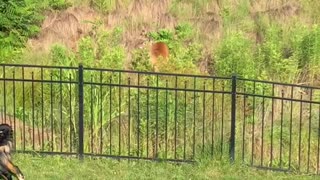 1:44
1:44
ViralHog
4 years ago $0.10 earnedMother Deer Protects Babies From Playful Dogs
1.08K -
 0:30
0:30
ViralHog
4 years ago $0.18 earnedMama Bear Brought Her Babies to Play on the Hammock
1.36K2 -
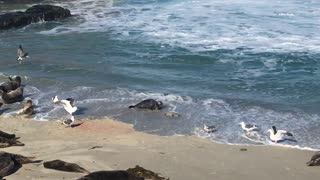 0:38
0:38
ViralHog
4 years ago $0.29 earnedMama Seal Protects Newborn from Seagulls during First Swim
8993 -
 0:16
0:16
ZenYa
4 years ago $10.23 earnedWild Australia: Spider wasp takes on huntsman spider
5.37K4 -
 4:14
4:14
ViralHog
3 years ago $0.43 earnedMother Bear Goes Back and Forth with Babies
2.05K11 -
 1:07
1:07
ViralHog
4 years ago $0.18 earnedOwl Swoops in for a Spider Snack
1.56K1 -
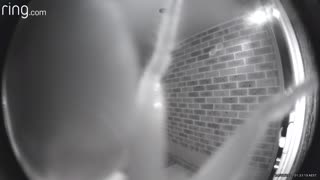 1:07
1:07
ViralHog
4 years ago $0.42 earnedHuntsman Spider Crawls Over Doorbell Camera
9.8K4 -
 0:24
0:24
ViralHog
3 years ago $0.03 earnedLarge Moose in Road Doesn't Want to Move
6602 -
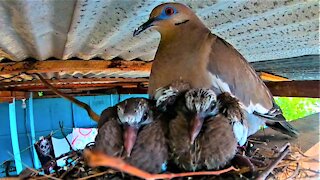 1:07
1:07
BigSexysPlayground
4 years ago $0.69 earnedBeautiful dove makes a nest for her babies over family patio
4.35K4